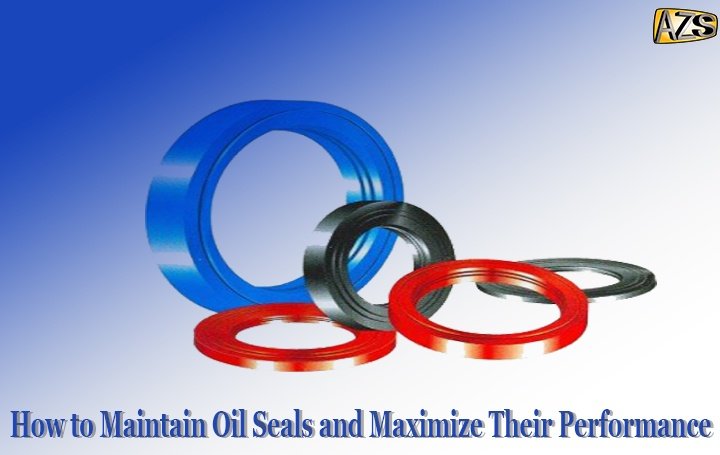
We often take the maintenance of oil seals and their accessory tools lightly. But a slightly defective seal or a dented shaft can cause a lot of damage and even fail the whole equipment process. A failed oil seal means wastage of money, time and even loss of company reputation.
The reasons behind a failed oil seal are several. Here you can find some of the ways to avert seal failure and maximize its performance rapidly.
1. Protecting from dirt and impurities
Dust, dirt and debris are often the primary reasons for the failure of a seal. When a TTO Oil Seal is used in high pressure equipment, even the smallest particle can make a gap in between the seal and the equipment. This results in the access of impurity or the leakage of fluid or gas. So the best way to ensure that no dust particle pollutes the oil seal is to store it in a container or a sealed bag and keep it away from a place where dust and impurities exist.
2. Keeping the surface clean
While taking the oil seals and DOOSAN SEAL KIT from a storage bag, make sure that they do not get dirty. The surface where the seal will come into contact must be cleaned properly. Some oil seals that have greasy features are very vulnerable to dust. So, what you can do is separate the seals from other products and clean surfaces of bins, tables, conveyors, etc separately to minimize the chances of the oil seals getting dusty.
3. Protecting the shaft
Keep the shaft of the end application dust-free and protect it from any kind of damage. This will increase the performance of oil seals as well as the equipment where the former will fit into. If there is the slightest dent or chip in the shaft, the seal will work not function properly and the contaminants will infiltrate into the equipment. To fix this problem, it is required to wrap the shafts in mesh rubber screen or any other protective material and keep them in their own compartments.
4. Maintaining oil accessories
The accessories used with TCK Oil Seals are to be protected as much as the former. Installation tools, grease container, etc. are to be stored in a sealed container when they are not in use. This will lower the chances of infiltration of impurities. Also, make sure that the installation tools have no dented edge because this can affect the oil seal at the time of the installation process.
